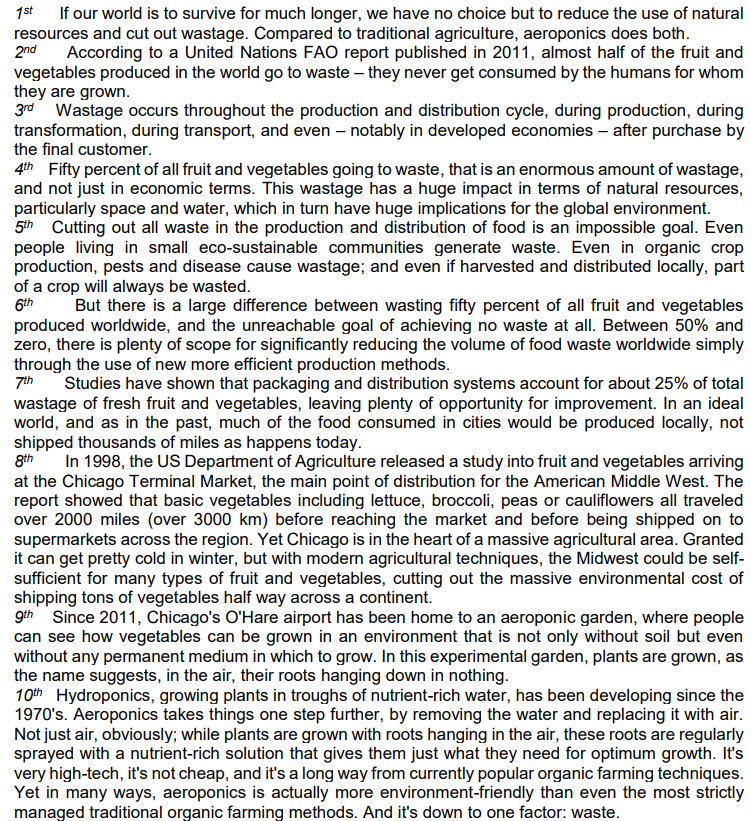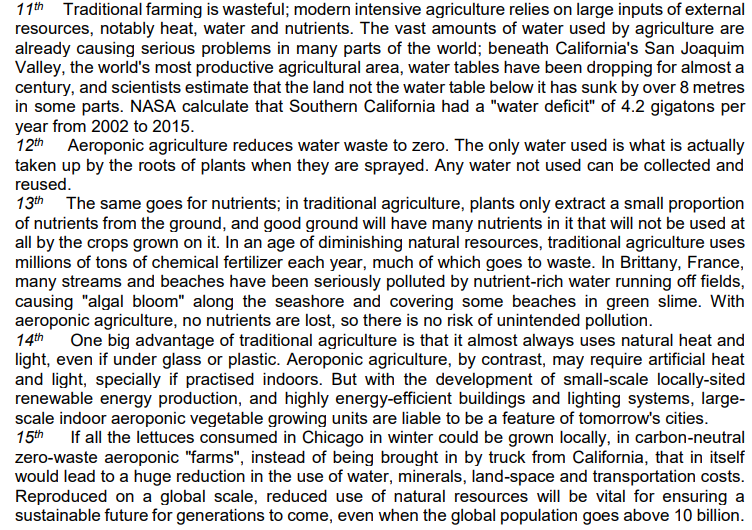Questões de Concurso
Foram encontradas 1.651 questões
Resolva questões gratuitamente!
Junte-se a mais de 4 milhões de concurseiros!
Ano: 2023
Banca:
Instituto Darwin
Órgão:
Prefeitura de Lagoa de Itaenga - PE
Prova:
Instituto Darwin - 2023 - Prefeitura de Lagoa de Itaenga - PE - Professor(a) Anos Finais - 6° ao 9° Ano: Língua Inglesa |
Q2379797
Inglês
'Oh, the Places You'll Go!', 'Congratulations! Today
is your day. You're off to Great Places! You're off and
away!'
Which form of the verb 'to be' is used and why is it used in this context?
Which form of the verb 'to be' is used and why is it used in this context?
Ano: 2023
Banca:
Instituto Darwin
Órgão:
Prefeitura de Lagoa de Itaenga - PE
Prova:
Instituto Darwin - 2023 - Prefeitura de Lagoa de Itaenga - PE - Professor(a) Anos Finais - 6° ao 9° Ano: Língua Inglesa |
Q2379795
Inglês
Consider the following excerpt from the poem 'The
Road Not Taken' by Robert Frost: 'Two roads diverged in
a yellow wood, And sorry I could not travel both'. If the
poet were to describe his regular journeys through the
woods in the simple present tense, how might he
express this? Formulate a sentence in the simple
present tense that captures the regularity and
frequency of the poet's journeys.
Ano: 2023
Banca:
Instituto Darwin
Órgão:
Prefeitura de Lagoa de Itaenga - PE
Prova:
Instituto Darwin - 2023 - Prefeitura de Lagoa de Itaenga - PE - Professor(a) Anos Finais - 6° ao 9° Ano: Língua Inglesa |
Q2379794
Inglês
Consider the following dialogue between two
friends, Mary and John, discussing their plans for the
upcoming holidays.
“Mary is excited about her planned trip to Australia, and John is planning to stay at home to finish his novel.”
Based on their conversation, formulate a sentence that accurately portrays both Mary's and John's future plans using the correct forms of 'going to' and 'will'. Remember to consider the rules of usage for 'going to' and 'will' in expressing future actions and intentions. The correct answer could be:
“Mary is excited about her planned trip to Australia, and John is planning to stay at home to finish his novel.”
Based on their conversation, formulate a sentence that accurately portrays both Mary's and John's future plans using the correct forms of 'going to' and 'will'. Remember to consider the rules of usage for 'going to' and 'will' in expressing future actions and intentions. The correct answer could be:
Ano: 2022
Banca:
FADESP
Órgão:
Prefeitura de Marabá - PA
Prova:
FADESP - 2022 - Prefeitura de Marabá - PA - Professor Licenciado em Língua estrangeira - Inglês |
Q2372573
Inglês
Texto associado


Aeroponics: feeding tomorrow's world?


Adapted from:https://linguapress.com/advanced/aeroponics.htm
The following is an example of word formation by verb to adjective conversion:
Ano: 2023
Banca:
CPCON
Órgão:
Prefeitura de Alagoa Nova - PB
Prova:
CPCON - 2023 - Prefeitura de Alagoa Nova - PB - Professor B - Língua Inglesa |
Q2372101
Inglês
Texto associado
READ TEXT 3 TO ANSWER THE QUESTION:
Text 3
The large majority of humankind is more or less fluent in 2 or even more languages. This raises the fundamental question how the
language network in the brain is organized such that the correct target language is selected at a particular occasion. Here we present particular
behavioral and functional magnetic resonance imaging data showing that bilingual processing leads to language conflict in the bilingual brain even when the bilinguals' task only required target language knowledge. This finding demonstrates that the bilingual brain cannot avoid language conflict, because words from the target and nontarget languages become automatically activated during
reading. Importantly, stimulus-based language conflict was found in brain regions in the LIPC associated with phonological and
semantic processing, whereas response-based language con whereas flict was only found in the pre-supplementary motor area/anterior
cingulate cortex when language conflict leads to response conflicts.
Index terms: event-related functional magnetic resonance imaging, interlingual homographs, lexical decision, pre-supplementary
motor area and anterior cingulated, response conflict.
(Adapted from: https://academic.oup.com/cercor/article/18/11/2706/296045)
The words particular, imaging and importantly, are respectively presented in the text as: